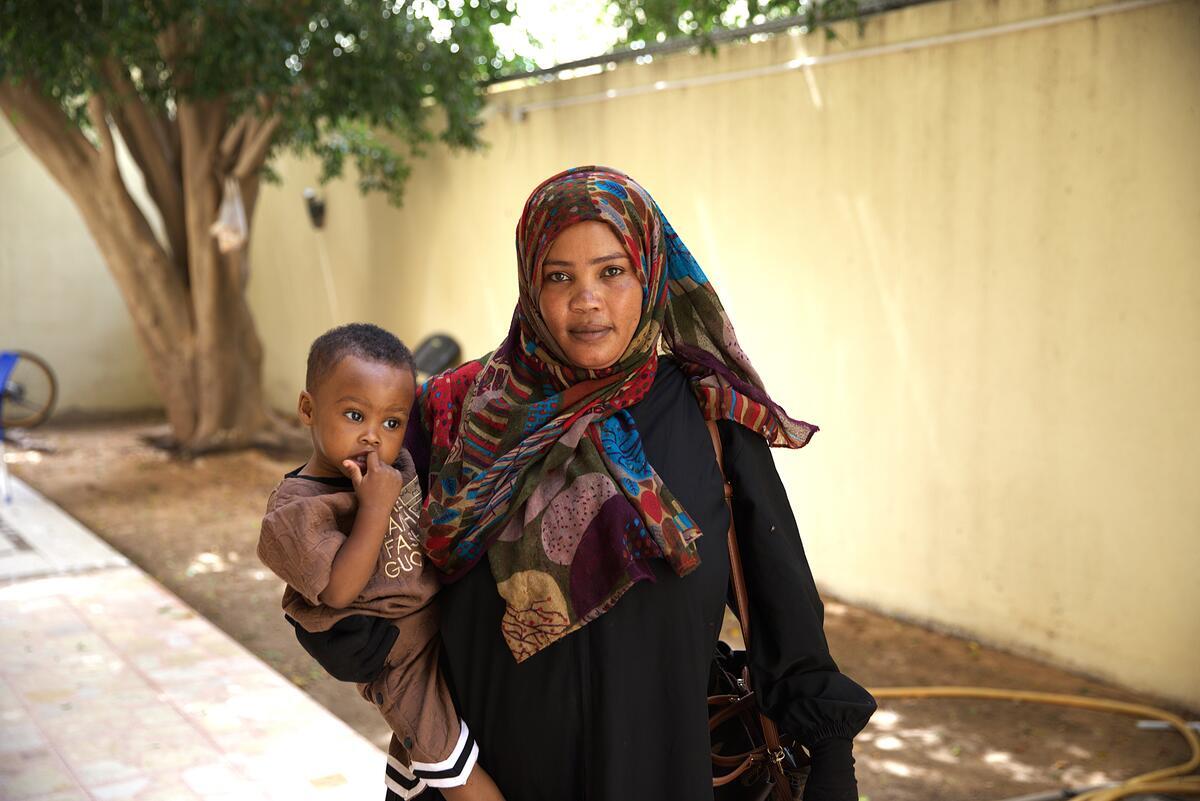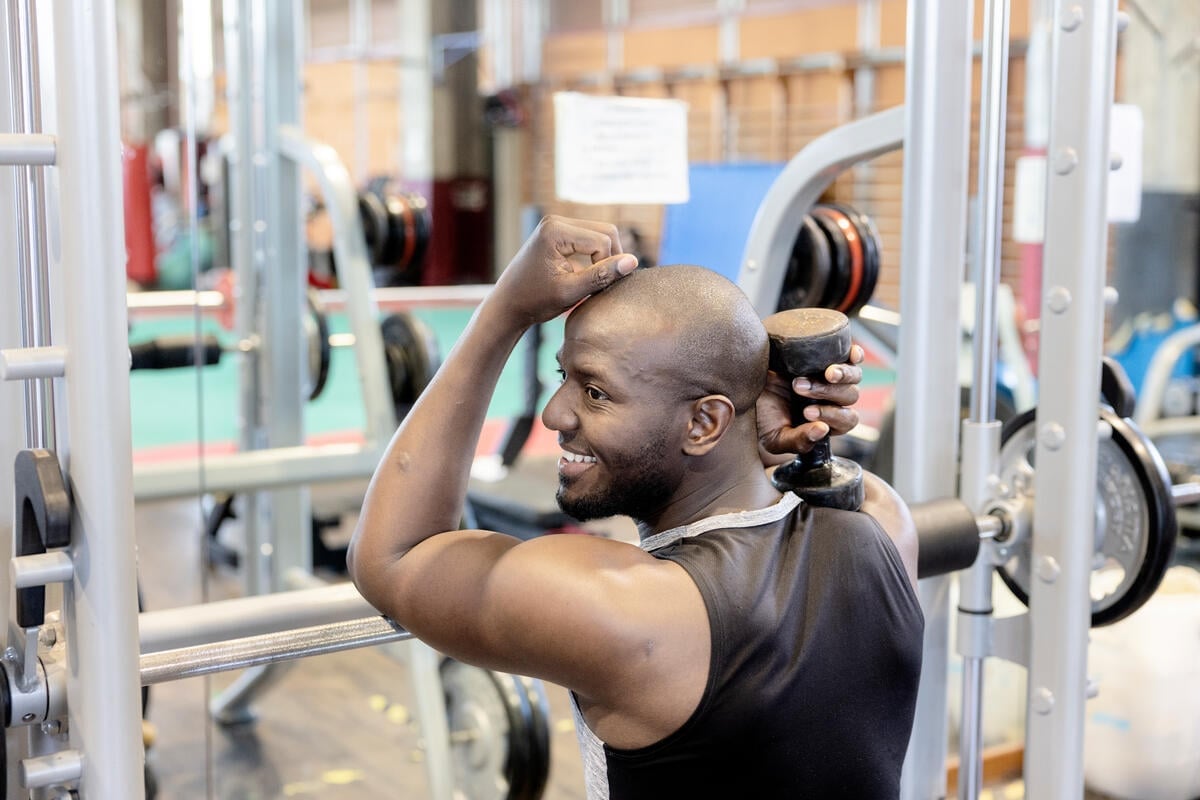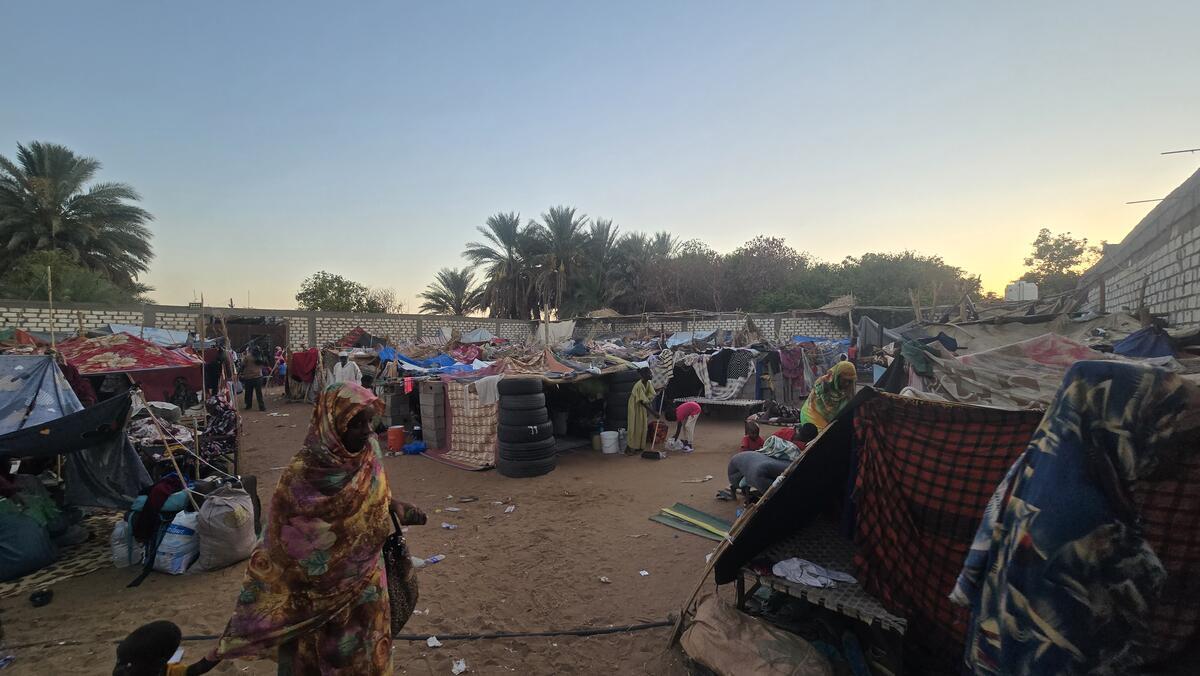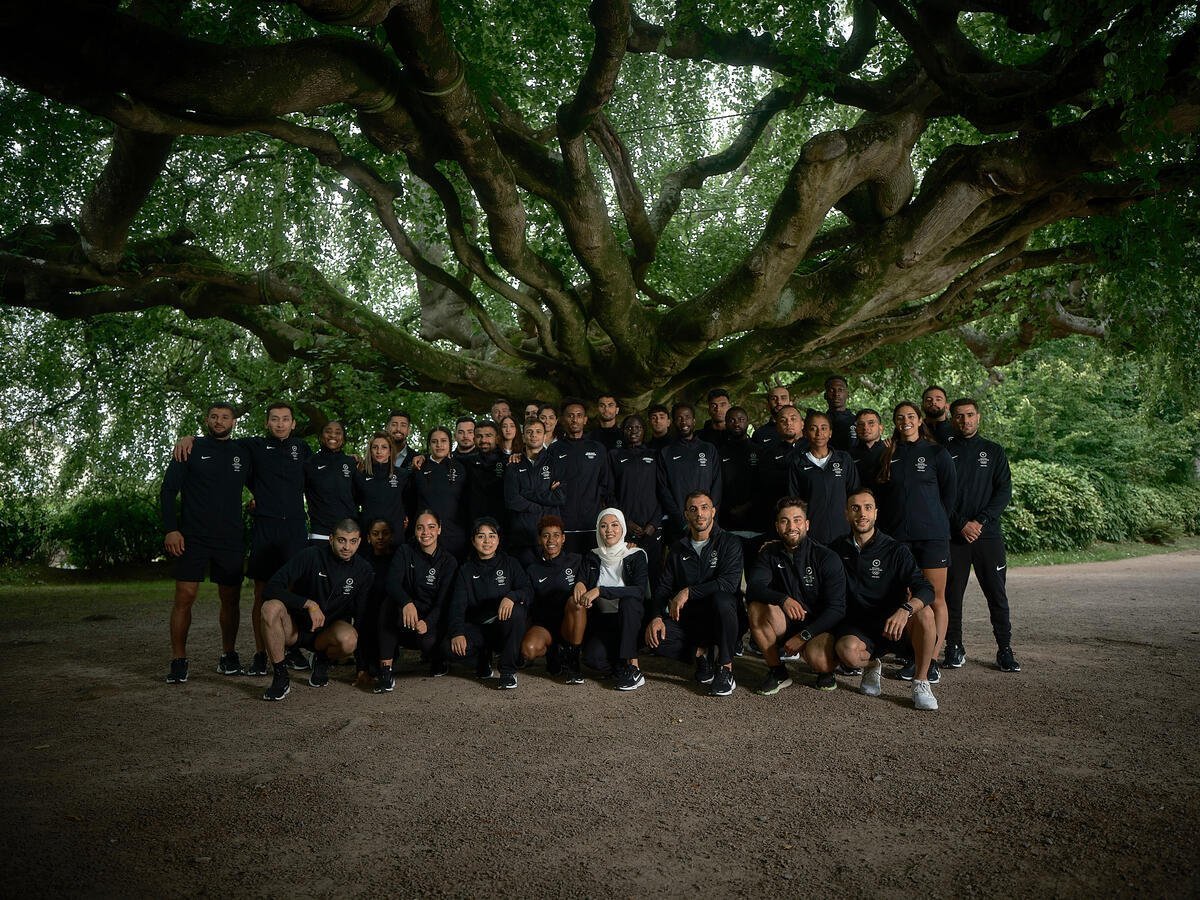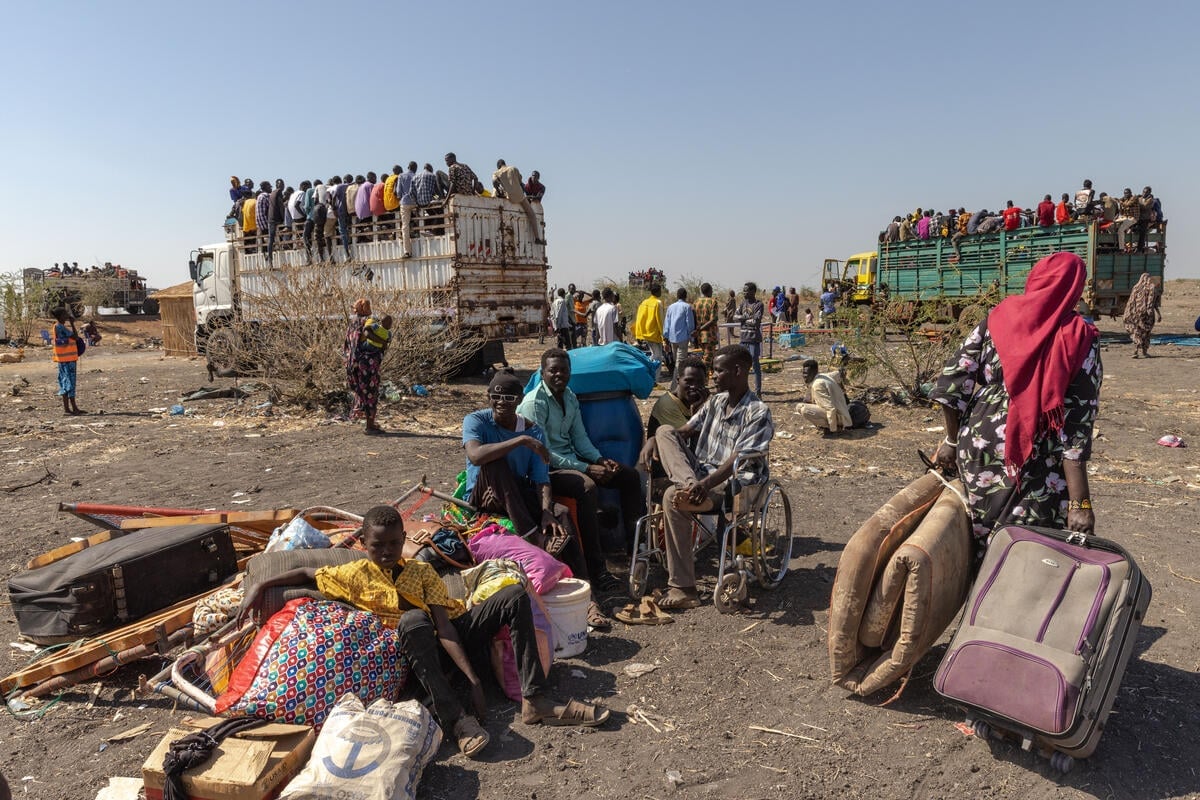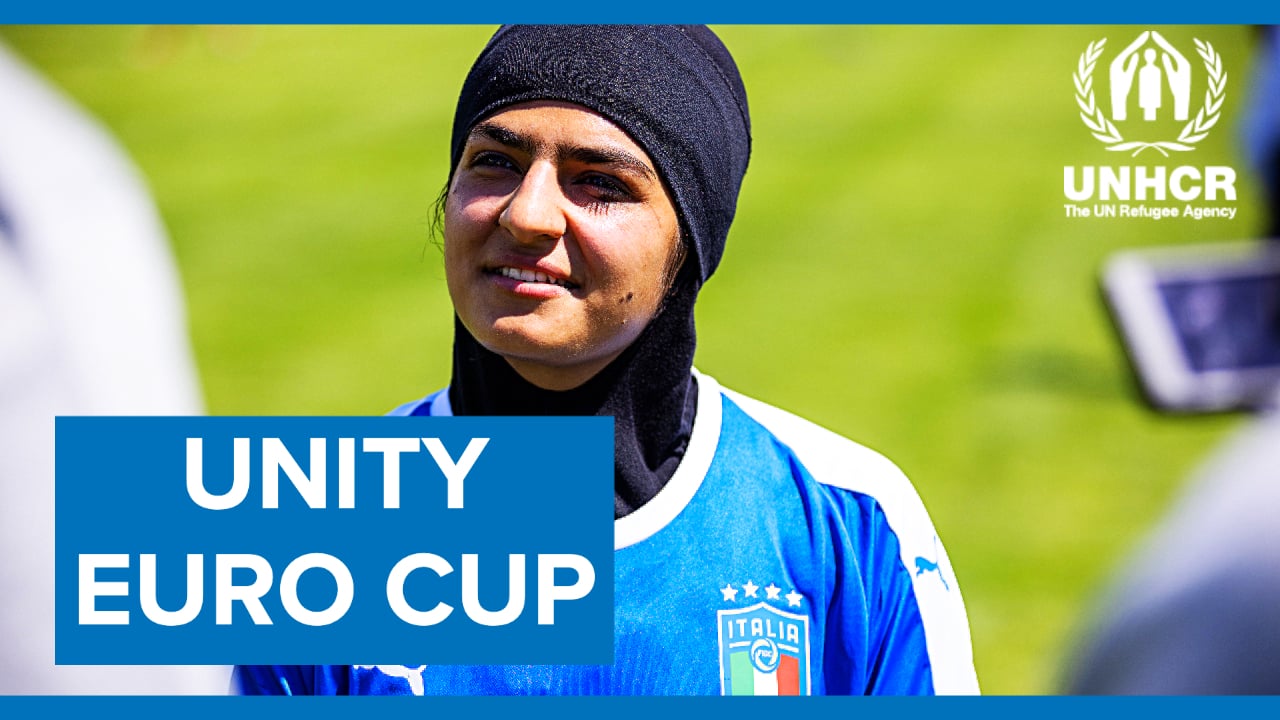UNHCR and partners to help Libyans save lives at sea and improve corpse collection
UNHCR and partners to help Libyans save lives at sea and improve corpse collection
UNHCR has helped to set up a forum to improve Libya's response to boats in distress off its coast by streamlining information sharing and coordination with international organizations. We hope the new contact group will boost Libya's ability to save lives at sea, collect bodies at sea or along the coast and improve the humanitarian care of the rescued on disembarkation.
The contact group, including Libyan officials responsible for search and rescue, border security and detention centres for rescued or intercepted boat people, was established at a recent workshop organized in Tunis by UNHCR and its partner, the International Organization for Migration.
Aimed at discussing ways to minimize the loss of life among refugees and migrants trying to cross the Mediterranean from Libya, it will meet at least three times over the coming nine months and will also provide training in areas such as information management, communications, body retrieval and identification of refugees, asylum-seekers and migrants. The EU has provided funding.
The contact group will gather officials from the Libyan Coastguard, the Port Security Department, the Directorate for Combatting Illegal Migration (DCIM) and the Libyan Red Crescent. The initial international members of the contact group will include UNHCR, IOM, and the International Medical Corps. The EU border management agency, EUBAM, attended the launch meeting.
The contact group will help improve coordination and communication between the Libyans and international actors active in maritime rescue and interception at sea. It will also support capacity development in Libya and help to improve the humanitarian response for those who are rescued at sea and brought to land in Libya, where they are transferred to the DCIM-run detention centres.
Challenges remain: The Libyans have been criticized for not highlighting the dangers and rescuing more people in peril. But the coastguard, operating along the western shores used by smugglers, has rescued or intercepted more than 4,500 people so far this year with meagre naval resources (compared to almost 100,000 rescued by other navies and organizations).
Meanwhile, the collection of corpses has become more and more important, especially during the current sailing season when more smugglers' boats leave from the coast of Libya and the odds of an accident occurring are higher. On August 5, an estimated 200 people drowned in Libyan waters when their vessel sank.
When UNHCR national staff in Libya hear reports of sinkings or sighting of bodies from the Libyan coastguard, they alert the Libyan Red Crescent (LRC), as in the August 5 tragedy. The coastguard, equipped with aged small vessels, collect bodies where they can and transfer them to the LRC for transportation to hospitals before burial. The contact group agreed that this is an area where the Libyans can do more.
Future training could include corpse retrieval and storage and the provision of body bags, other equipment and medical supplies as well as trying to identify the dead in the hope of alerting families. Information sharing could also alert the coastguard to maritime disasters in their waters and prepare them to help save people as well as collect bodies.
UNHCR sees its role as being an inter-connector between the different actors, Libyan and international. The training would also include the reception and questioning of rescued people at disembarkation points before transfer to dilapidated detention centres, of which UNHCR currently has access to eight.
This information will help us and our partners identify who is coming ashore and which of the 18 operational detention centres they are being taken to, allowing us to start the process of getting them released, especially women and children.
For more information on this topic, please contact:
In Tunis, Marwa Baitelmal, [email protected], +216 228 344 31
In Geneva, Leo Dobbs, [email protected], +41 79 883 6347


